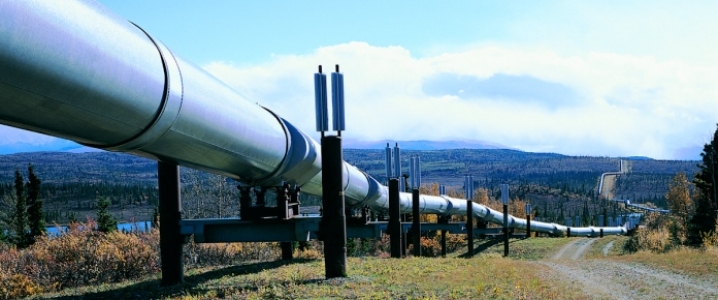Taxpayers Likely To Pick Up The Growing Tab For DAPL Protests

The months-long protests against the construction of a section of the Dakota Access crude oil pipeline will cost the state of North Dakota around US$39 million, after the state’s Emergency Commission voted to borrow an additional US$5 million to pay for policing services provided by as many as 11 other states—and taxpayers may likely be paying the tab.
The Commission also accepted a US$10-million grant offered by the Justice Department to cover some of the law enforcement costs associated with the protests, which failed to stop the construction of the US$3.8-billion infrastructure built by Energy Transfer Partners to carry Bakken crude to Illinois.
Some US$2.4 million from the new loan will go towards covering expenses related to indigent defense, but this bill at least is seen to decline as some cases are likely to be dismissed.
According to Fox News, the majority leader in the North Dakota House has said that Washington should foot the bill for the protests rather than North Dakota taxpayers, since the protests took place on land that is the responsibility of the U.S. Army Corps of Engineers and they took place without a permit. State Rep. Al Carlson is not alone in this belief: North Dakota government officials have for a while pushed Washington to help cover the costs of the protests.
The Dakota Access project drew opposition from Native American tribes living in the area where a section of the pipeline would pass—including a lake already housing several more pipelines—and these joined forces with environmental activists to stage massive protests against the pipeline on the grounds that it would threaten drinking water supplies and pass through sacred territories.
The protests continued for about six months, with 761 arrests made in the period and numerous clashes between police forces and the National Guard, while courts and regulators passed the ball back and forth to each other, eventually determining that the construction of the controversial DAPL section can go ahead. The pipeline went into operation in June, but the check for the cost of protests has yet to be paid.
Related News
Related News

- Trump Aims to Revive 1,200-Mile Keystone XL Pipeline Despite Major Challenges
- Valero Considers All Options, Including Sale, for California Refineries Amid Regulatory Pressure
- ConocoPhillips Eyes Sale of $1 Billion Permian Assets Amid Marathon Acquisition
- ONEOK Agrees to Sell Interstate Gas Pipelines to DT Midstream for $1.2 Billion
- Energy Transfer Reaches FID on $2.7 Billion, 2.2 Bcf/d Permian Pipeline
- U.S. LNG Export Growth Faces Uncertainty as Trump’s Tariff Proposal Looms, Analysts Say
- Tullow Oil on Track to Deliver $600 Million Free Cash Flow Over Next 2 Years
- Energy Transfer Reaches FID on $2.7 Billion, 2.2 Bcf/d Permian Pipeline
- GOP Lawmakers Slam New York for Blocking $500 Million Pipeline Project
- Texas Oil Company Challenges $250 Million Insurance Collateral Demand for Pipeline, Offshore Operations




Comments